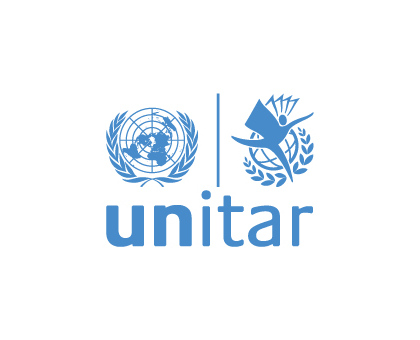
Innovation Workshop on Water Monitoring and Assessment
The Innovation Workshop on Water Quality Monitoring & Assessment, organized by World Meteorological Organization (WMO), United Nations Environment Programme (UNEP), United Nations Educational, Scientific and Cultural Organization (UNESCO) and World Water Quality Alliance (WWQA), co-organized with and supported by the European Commission’s Joint Research Centre (JRC) and in partnership with the International Atomic Energy Agency (IAEA) and UNITAR, will take place in September 2023.
The key focus areas of the workshop are:
- Crowdsourcing for water quality monitoring and assessment (including associated uncertainties);
- Acceptance and integration of water quality data from non-traditional data sources (e.g., citizen science, remote sensing, modelling);
- Low-cost methodologies to monitor and assess water quality;
- Integrated spatial, geophysical, and ground measurement to monitor and assess water quality;
- Methods of data exploration and visualization.
The Innovation Workshop on Water Quality Monitoring & Assessment aims at: • Understanding operational challenges and needs in water quality data collection, management and use; • Identifying and promoting innovative approaches and technologies for water quality data collection, management and use; • Supporting private sector (solution providers) to tailor their solutions to operational realities; • Helping academia to direct research towards the most pertinent topics where pragmatic solutions are concerned; • Identifying and promoting innovative approaches and tools that increase data uptake and use

